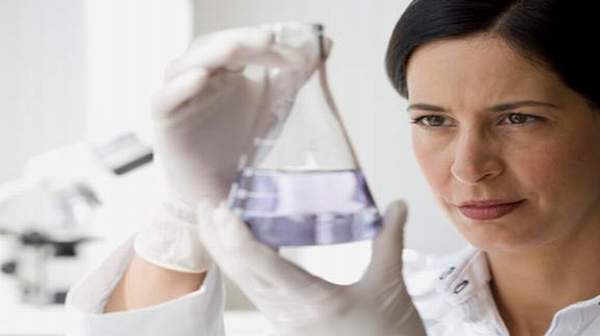What is ALS?
There’s been some concern lately about the ALS Ice Bucket Challenge and the connection between the ALS Association and research into stem cell therapies. There are some important facts about stem cell research and its application to a possible ALS cure that you should know before you draw you conclusions.

1. Stem cells are a type of cell that have the potential to become whatever cells the body needs.
That’s why a days-old embryo is essentially made up of them and they can have so many applications in curing diseases and disorders. The research shows they can be used to replace defective or malfunctioning cells in patients. According to the ALS association the specific application for ALS patients is supplying missing ‘information’ to cells around the motor neuron to help the cells that are not yet damaged alive and strong, slowing (or perhaps eventually halting) the progress of the disease.
Read about COPD on stem cell
2. Stem cells don’t only come from embryos and fetuses.
A lot of people are concerned that funding stem cell research means funding abortions. The Stem cells are not just found in fetuses. A bone marrow that we can extract from the spine of one donor and use in the treatment of another person’s leukemia works because it is a type of stem cell. Center for Bioethics and Human Dignity says that non-embryonic stem cells have been used to treat a number of conditions and some of the complications that sometimes arise with fetal stem cells.

click to zoom
3. Full-term pregnancies may eventually be a supplier of stem cells.
You may be familiar with the Cord Blood Registry, if you’ve had a baby in the last several years. You may have been invited to ‘bank’ blood from your baby’s umbilical cord at birth. This could be used to treat a variety of medical problems that your baby might have later in life including immune deficiencies and cancers. You may not know is that this works because of the high number of fetal stem cells that blood contains. According to Cord Blood Registry current research hopes to find that this cord blood can also be used in therapies or cures for cerebral palsy, traumatic brain injury and pediatric stroke.
4. When fetal stem cells do come from embryos they do not necessarily comes from aborted pregnancies.
Fertility clinics normally prepare a large number of fertilized eggs for patients. Additional embryos are stored in case the first implantation fails. At some point, they may be destroyed or discarded. According to NBC they’re one of the most common sources for fetal stem cells.

Understandably, this may also be an ethical concern for many who are concerned about the destruction of an embryo. You feel about it ethically still an important point to understand: these are not embryos that would otherwise have been born.
5. Your donation does not have to fund any stem cell research.
The ALS Association’s donor page has an option to click if you want the money to be limited to ALS research only. There are some laws in effect preventing the use of Federal funds for fetal stem cell research.
Stem cell research is going to change the way we treat disease. But still it’s understandable that some have ethical concerns about fetal stem cells. When your position on stem cell research, it’s helpful to understand the facts about harvesting and application of them with the latest technology and information.





